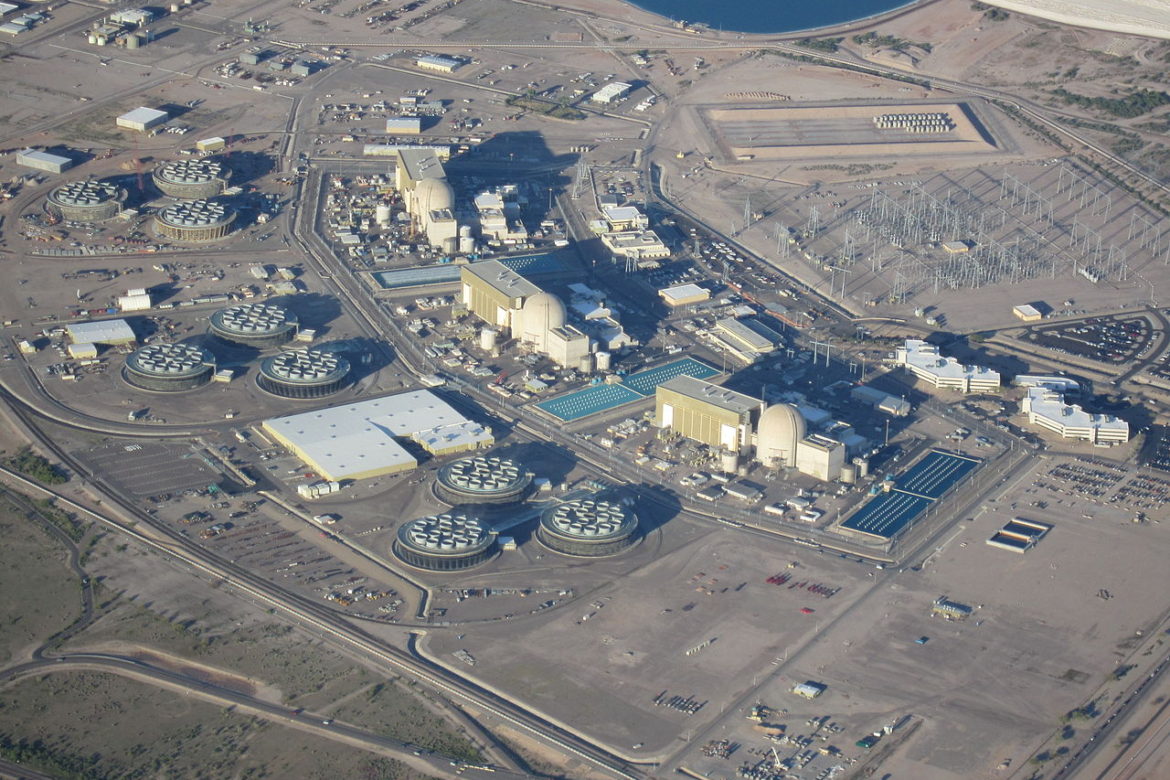Safe, reliable, and affordable power is a crucial partof a strong and growing economy. The dependability and general affordability of electricity here in U.S. is a significant component of our historically robust economy. But recently, a vocal and active few here in New Mexico are part of a coordinated, nationwide effort to severely restrict our ability produce economical and reliable power.
Earlier this summer, the state of California’s GDP passed that of France to become the sixth largest in the world. Just for comparison, the country just ahead of California is the United Kingdom, where last year’s GDP totaled about $2.85 trillion according to the International Monetary Fund.
Due to its sheer size, California is the battleground for most public policy debates, and the current debate on energy is no exception. Both here and in California, environmentalists have made it their mission to increase the use of renewable sources (solar and wind) while shutting down our most affordable, reliable, and carbon-free source of electricity: nuclear power. California policymakers’ anti-nuclear stance is partially blamed for the use of fossil fuels to increase from 47 percent of in-state electric generation in 2011 to 61 percent in 2013.
Since renewables constantly fluctuate due to changes in weather and we expect electricity to be available 24/7, some source of power must fill that gap in generation. Currently, the only sources of electricity capable of covering that gap are fast-ramping natural gas plants. A new study of over 26 separate countries spanning over two decades reports that “all other things equal, a 1% percent increase in the share of fast reacting fossil technologies is associated with a 0.88% percent increase in renewable generation capacity in the long term”. In other words, gas plants can be seen as “an enabling factor” which allow for the integration of additional renewable sources of power. There is no economical method to store power on an industrial scale, so you cannot add renewable energy sources without a corresponding increase in gas generation to make up the difference and balance the grid.
California policymakers’ anti-nuclear stance is partially blamed for the use of fossil fuels to increase from 47 percent of in-state electric generation in 2011 to 61 percent in 2013.
In New Mexico, the Public Regulation Commission regulates all public utilities including PNM, which provides electricity to most of the state (full disclosure: I am currently employed by PNM as a wholesale power marketer). In August 2015, PNM filed a rate case with the PRC, requesting an increase in rates to help offset some of the costs associated with the environmental gains agreed to last fall (including cutting carbon emissions in half). In its latest recommendation, the case hearing examiner issued a recommendation for a rate increase of $41.3 million, roughly one third of the $123.5 million PNM had asked for in its original request.
As part of her recommendation, the hearing examiner did not allow for any cost recovery for the purchase of a percentage of the generating capacity of Palo Verde Nuclear Generating Station. Make no mistake about it: this decision was due in large part to an effective PR campaign waged by local and out-of-state environmentalists demonizing nuclear energy. Unfortunately, they do not see the contradiction in advocating for cheap and carbon-free energy while simultaneously demanding PNM get rid of “expensive, toxic nuclear power”.
In the end, the real tragedy is that if the environmentalists had their way, the cost of electricity would substantially increase, and those hurt the most would be those very same people they claim to advocate for: the poor, the elderly, and others on a fixed income. I urge the PRC commissioners to do the right thing for the people of New Mexico by allowing PNM to recover all or a majority of the costs associated with Palo Verde, the most safe, reliable, and cost-effective power source in PNM’s generating fleet.

